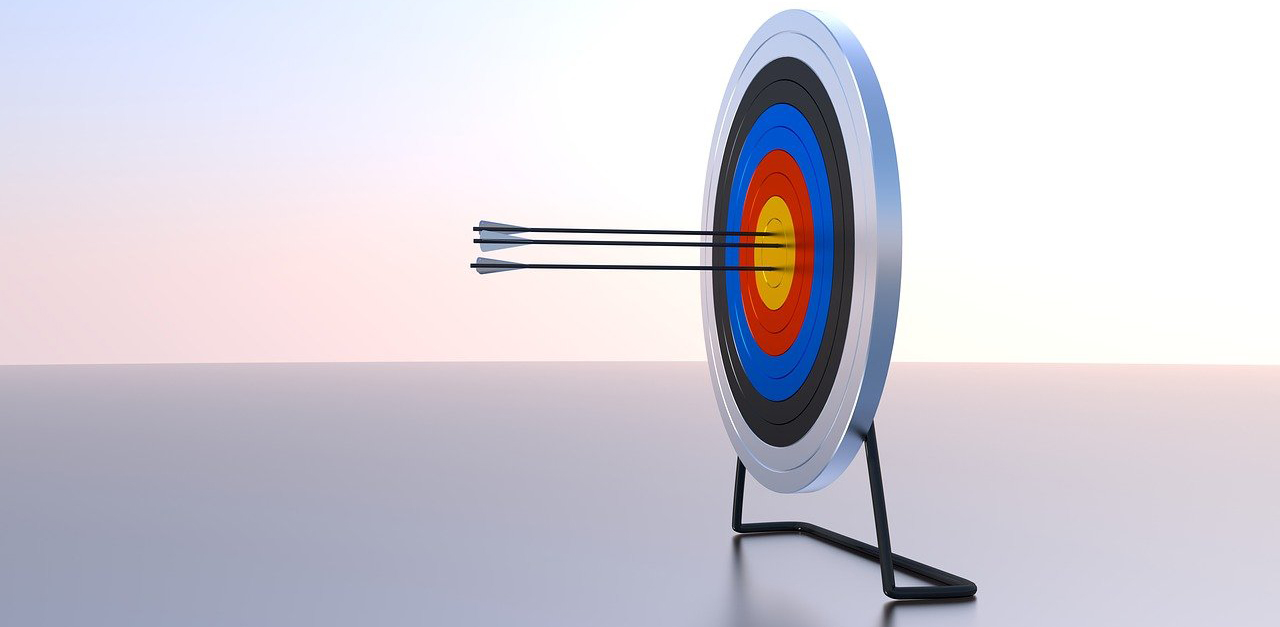
This year’s semi-final round of the W. A. de Vigier competition includes 12 startups from varying industries including life sciences, energy, ICT and Food-tech. With five female-led startups in the run, the jury will select and award the five best companies on June 16. Each winner will take home a cash prize of CHF 100,000.
The 2021 edition of the W. A. de Vigier competition is coming to an end. Out of the 217 entries, the jury selected the top 17 startups that presented their ideas to the Foundation Board. Unlike previous editions, this year will see 12 proceed to the final round. The jury was impressed by the wide range of industries represented in the program and the high quality of the submission. In the run for a W.A. de Vigier Award, the personality of the CEO is equally important as the groundbreaking product. On June 16, up to five young leaders will receive the W. A. de Vigier Award, each endowed with CHF 100,000.00.
These are the Top 12 finalists
cellvie AG from Matzingen (TG) - leveraging the therapeutic potential of mitochondria
cellvie transplants viable mitochondria, the cell’s powerhouse, into distressed cells. It is like jump- starting a car, allowing the cells to re-establish their energy metabolism and survive. The Harvard spin-off’s mitochondria therapy will first be applied in organ transplant patients.
Cowa Thermal Solutions AG from Root (LU) - more storage capacity in heat pump systems
Cowa's technology increases the storage capacity of conventional water-based heat storage systems by up to a factor of 4, typically increasing the heating autarky level of common systems from around 30% to 70%.
dimpora AG from Zurich (ZH) – natural, high performing materials for outdoor clothing
The ETH spinoff provides outdoor brands with a biobased material that is as waterproof and breathable as its non-natural alternatives. This material allows the industry to pivot from old, resource intense and chemically harmful processes and products to a sustainable, healthy solution.
flowbone SA from Renens (VD) – injectible gel for hip bone strength restoration in elderly patients
The EPFL spinoff developed a new generation of biomaterial that can be injected into the hips in a simple ambulatory procedure to locally restore bone strength in hips before they break.
kaiosID SA from Villars-le-Terroir (VD) – hidden codes to fight counterfeiting and improve Traceability
kaiosID fights counterfeiting and illicit trade by covering the product’s packaging with invisible patterns that can be easily identified by an intuitive smartphone app. Once printed on the packaging, the random patterns become the fingerprint of the product and allow for product authentication (genuine/fake) and identification (traceability), thus restoring trust in brands and logistics.
LEDCity AG from Zurich (ZH) – smart led lighting systems to lower energy use
LEDCity equips light sources with sensors and AI-optimized algorithms to regulate lighting automatically. The startup’s plug and play system runs on a decentralized control unit and allows for drastically reducing energy use, operating costs by up to 90% and environmental impact.
Lumiphase AG from Zurich (ZH) – optical communication chips to manage the exploding data traffic
Lumiphase develops novel optical communication chips that are very inexpensive, compact and highly efficient. They allow the industry to replace today’s costly and power-hungry connections with a new generation of electro-optical links, ultimately enabling a new paradigm in data centers‘ architecture and leading to more flexible, efficient and sustainable use of computing resources.
MIRAI FOODS AG from Wädenswil (ZH) – cultivating real meat from animal stem cells
Current meat production is responsible for about 15% of global greenhouse gas emissions, and meat consumption is projected to grow by 70% by 2050. MIRAI FOODS cultivates real meat from animal stem cells without genetically or otherwise modifying the cells. This approach can reduce greenhouse gas emissions by up to 80 to 90%.
Nagi Bioscience SA from Ecublens (VD) – replacing animal testing with tests on microorganisms
The EPFL spin-off developed the first device that allows fully automated and standardized substance testing on the micro-organism C. elegans as a sustainable, ethical and cost-effective alternative to animal testing, while still providing whole-organism results.
Testmate Health (ribolifeDx SA) from Chavannes-de-Bogis (VD) – at-home test for the four most common STDs
Testmate Health will be the first rapid at home STD self-test that provides results in minutes, in an anonymous, convenient and easy manner. Results are scanned and uploaded to a paired app that guides patients towards appropriate follow-up if necessary.
Terapet SA from Geneva (GE) – better dose control in proton therapy for cancer treatment
Terapet SA, a CERN startup, develops a novel medical device that enables medical doctors for the first time to monitor the delivered proton dose inside the patients during cancer treatment: in-vivo, non-invasive, in 3D and real-time. This solution ensures that every patient receives the right dose, every time.
Volumina Medical SA from Epalinges (VD) – minimally invasive breast reconstruction after cancer
EPFL spin-off Volumina Medical created AdiPearl, an injectable implant with the capacity to regenerate damaged tissues for breast reconstruction in a single minimally invasive procedure. AdiPearl will improve the quality of life by bringing to breast cancer survivors a safe, effective, quality, and cost efficient breast reconstruction solution.
(Press release / RAN)
























































Please login or sign up to comment.
Commenting guidelines